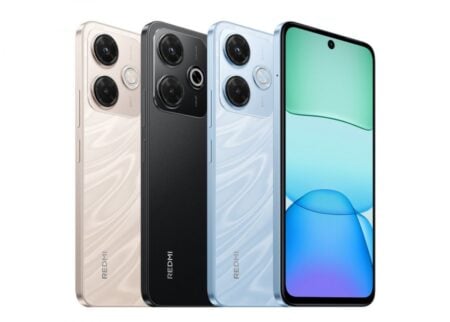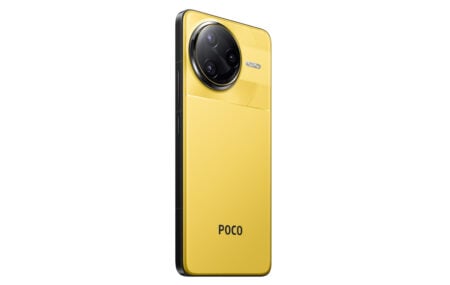Smartphones, an integral part of our daily lives, have undergone extraordinary evolution over the past few decades. Through technological advancements and innovation, smartphones have transformed every aspect of our lives. Let’s explore the past, present, and future of smartphones to see what lies ahead.

Past of Smartphones
The first smartphone was the IBM Simon Personal Communicator, released in 1994. It was the first device to feature a touchscreen, email, and calendar functions. Since then, the development of smartphones has progressed rapidly. The launch of Apple’s iPhone in 2007 was a groundbreaking event in smartphone history. The innovative design and user experience of the iPhone revolutionized the entire smartphone industry.
Present of Smartphones
Today, smartphones are not just communication devices but fully functional computers. Advanced processors, high-resolution cameras, large touchscreens, and extended battery life have made smartphones more efficient and versatile. The advent of 5G technology has added a new dimension to smartphone usage, providing faster internet speeds and enhanced connectivity.
Future Evolution of Smartphones
The future of smartphones is highly promising and will be further enhanced through innovative technologies. Here are some future features and technologies to look forward to:
Foldable and Flexible Displays: Future smartphones will feature foldable and flexible screens, providing users with more convenience. Recently, companies like Samsung and Huawei have already introduced foldable smartphones to the market.
AR and VR Integration: Augmented Reality (AR) and Virtual Reality (VR) technologies will be more deeply integrated into smartphones, creating new experiences for users. This will revolutionize gaming, education, and entertainment.
Advanced AI and Machine Learning: Artificial Intelligence (AI) and Machine Learning in smartphones will become more advanced. AI-based applications and assistants like Google Assistant and Siri will bring more convenience to users’ lives.
Health Monitoring: Future smartphones will feature more advanced health monitoring capabilities. Functions such as heart rate monitoring, blood pressure measurement, and other health-related data collection and analysis will be included in smartphones.
Nanotechnology: The use of nanotechnology will significantly enhance the structure and performance of smartphones. It will be possible to create smaller and more powerful components, making smartphones thinner and more powerful.



